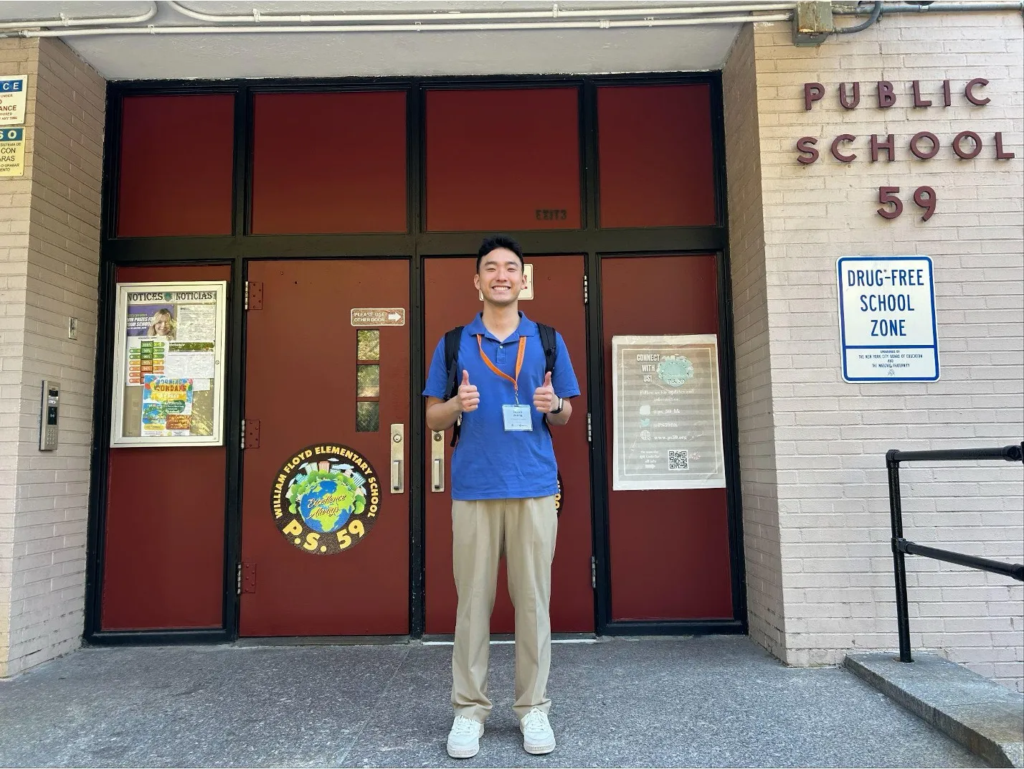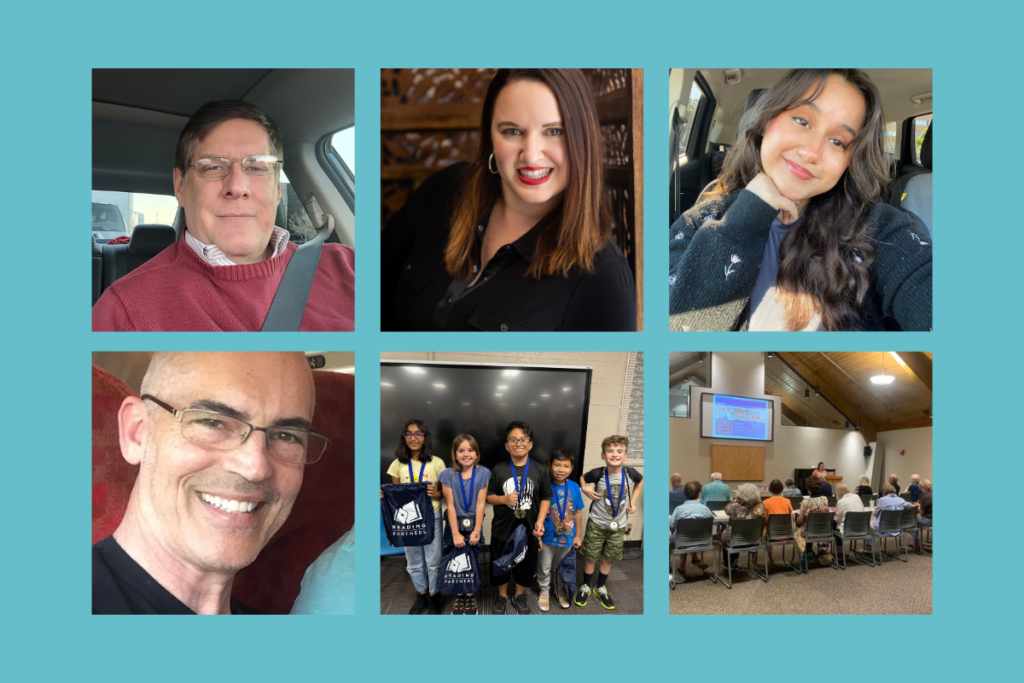
Reading volunteers put a shine on our kids, our future
January 3, 2019
Dr. Scribner, Fort Worth ISD Superintendent, works with local students.
Originally published by Robert Rogers in the Star-Telegram
Shiny floors. Happy students. Friendly staff.
These are the strongest memories from my first day at the Leadership Academy at Mitchell Boulevard Elementary School in the fall of 2017.
Truly, the shine of the floors was incredible. It’s a small thing, of course, but the pride evidenced by the work of the custodial staff became emblematic of the dedication of the teachers, administrators, staff and volunteers to the students at this wonderful school.
I was there to meet a cute little second-grader with whom I was paired as a tutor with Reading Partners.
Through the course of the year, I saw her transform from a tentative girl, uncertain of her reading skills, to a confident reader. There was no doubt she was on a trajectory that would give her the best chance to succeed in the remainder of her educational career – and in her life.
What could be more rewarding than to participate in this life-changing activity?
That this student was able to become a proficient reader was no accident. To become a reader, a student must learn the relationship between letters and sounds, and this relationship must be taught in a sequential, systematic fashion. Also, a student needs a rich vocabulary that is built by hearing lots of words.
This is why it is so important for parents to talk with their young children, and why it is helpful to read high-quality children’s books with kids.
Reading Partners, the volunteer reading tutoring program in which I participate, is based on an easy-to-use curriculum that is laser-focused on these needs, combining systematic phonetic instruction with vocabulary development. The curriculum, along with the support from the Reading Partners staff, allows non-experts like me to be effective in helping students learn to read.
Just over two years ago, Mayor Betsy Price, Fort Worth ISD Superintendent Kent Scribner, and community leader Matt Rose announced the “100X25” initiative, with the goal of having 100 percent of Fort Worth ISD third-graders reading at grade level by 2025.
I am convinced achieving this audacious goal is the most effective strategy available to make Fort Worth a truly great city. Achieving this goal will require a commitment to doing only those things that are known to be effective. We have neither the time nor the resources to waste.
It is heartbreaking and unacceptable to me that our community sends over 4,500 students to fourth grade each year without the reading skills required to succeed. This is not only a personal loss for each of these students, but we as a community lose as well.
My hope is that we, the citizens of Fort Worth, will flood the schools of the FWISD with support.
We know how to teach students to read – we simply need the will to supply the resources, both personal and financial, to make it happen.
Please join the effort. If you can find one hour per week to be a tutor with Reading Partners, one-to-one tutoring in a structured program works wonders. If you can’t volunteer, consider donating to support the expenses of the reading centers.
If we focus our resources on proven, effective programs, our children will thrive. Go to staging.readingpartners.org and change a life.
Robert Rogers is a local physician and a reading advocate. He is in his fourth year as a reading tutor, and chairs the board of Reading Partners North Texas.



